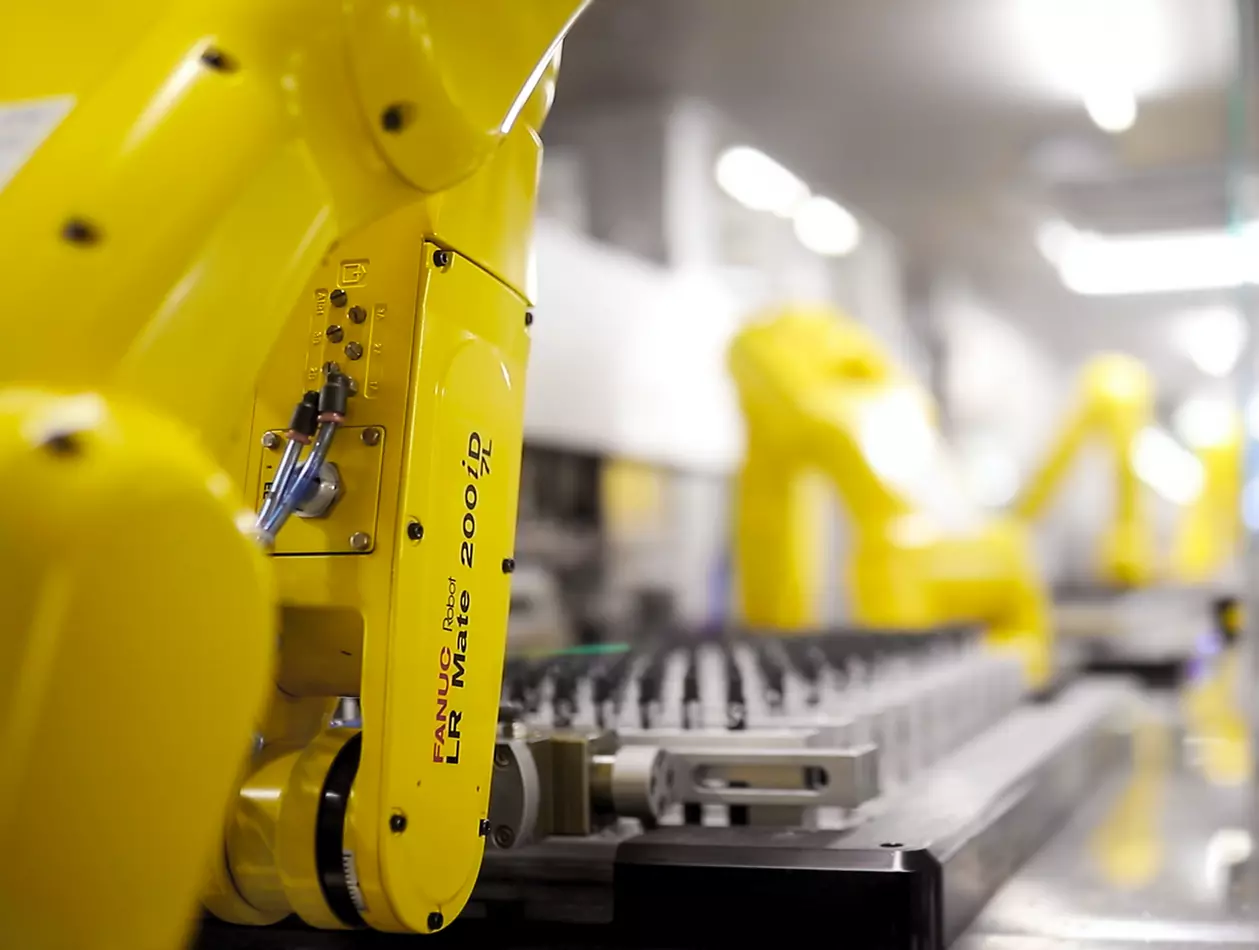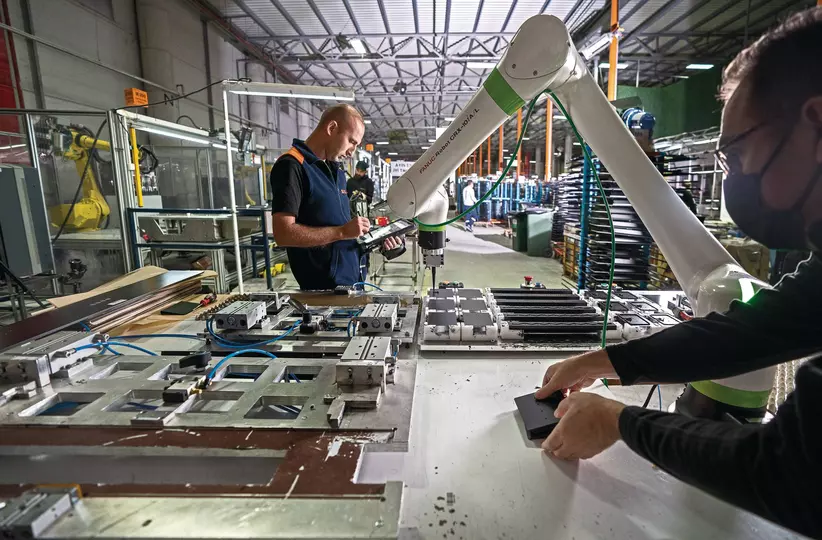

Case Studies
Find out how our customers grow together with FANUC. In our Case Studies they share their experience operating, building and automating with FANUC products.
Discover the Impact of FANUC Automation on Our Customers
Welcome to FANUC's Case Studies page, where innovation meets application.
Dive into real-world examples of how our cutting-edge automation solutions are transforming industries across the globe. From enhancing manufacturing efficiency to pioneering advancements in robotics, our case studies showcase the tangible benefits and success stories of businesses that have partnered with FANUC.
Explore how our commitment to precision, reliability, and continuous improvement is driving productivity and growth for companies just like yours. Join us in exploring the future of automation.

